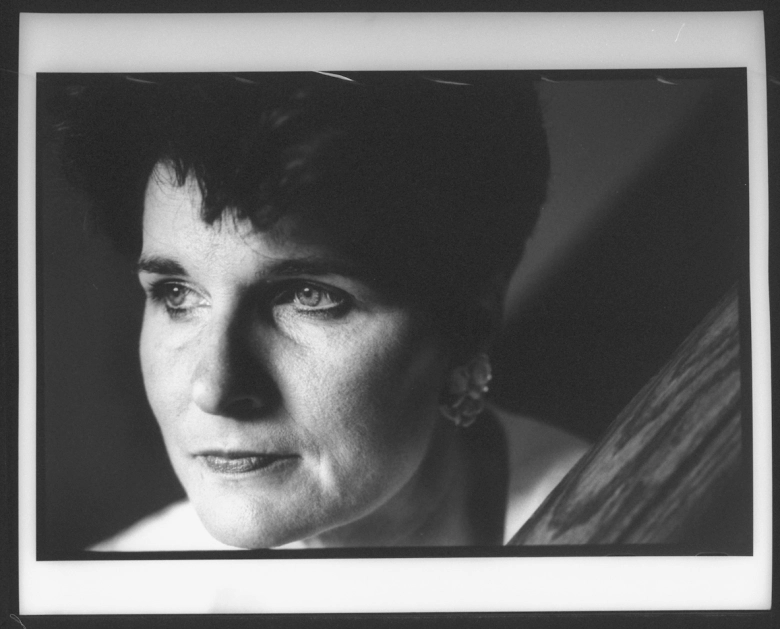Read also:
How to Watch FX Live Without CableHow To Watch AMC Without CableHow to Watch ABC Without CableHow to Watch Paramount Network Without CableFX’s five-part documentary about a controversial organization fighting an often ineffective justice system works more often than it doesn’t.
What would you do if you discovered your spouse was sexually abusing your child? Most people would divorce their partner and take them to court so they can answer for their crimes. If you have evidence, it seems like a clear-cut choice from the judge to give you full custody of your child and ensure that the abusive parent is no longer in their life.
But what if that doesn’t happen? What if you’re the one who loses custody? What would you do? Would you try to appeal through legal means, or would you decide to give up on the legal system entirely and take your child on the run?
For those who took the latter option in the eighties and nineties, there’s a good chance you may have used an organization called “Children of the Underground,” run by Faye Yager. During her tenure in the organization, Yager helped parents (primarily mothers) go into hiding to ensure their children won’t have to live with a caregiver who’s abusing them.
The history of Yager and her organization is detailed in FX’s latest docu-series, Children of the Underground, produced and directed by Gabriela Cowperthwaite. Throughout the five episodes, we are given testimonies from her clients, colleagues, and even a few opponents to determine if her vigilantism was the right thing to do.
In the first episode, Yager seems entirely in the right, as we are presented with the story of April. When April discovers that her young daughter Mandy has an infection, she is sure that the courts won’t allow the father to have any custody. Instead, the state of California takes custody of Mandy, with April having to share visitation every other week with Mandy’s abusive father. Understandably, April goes on the run, and Yager helps them forge documents to have safe, permanent housing far from Mandy’s father.
While we hear from other families that Yager helped, April and Mandy are the most constant throughlines, with their story weaving in and out of the narrative throughout all five episodes.

Our sympathies are further solidified when we are given Yager’s backstory. In 1972, she discovered that her husband Roger was molesting their daughter, Michelle. However, Roger convinced the judge that Yager was crazy, and after a suicide attempt, she was placed in a psychiatric ward. In 1986, Roger was put on the FBI’s most wanted list for sexual assault and possession of child pornography. This vindication helped Yager become a crusader for the safety of women and children.
However, the narrative becomes slightly more complicated in the second and third episodes, when Yager is accused of kidnapping and child endangerment in 1992. In these episodes, Cowperthwaite criticizes Yager’s aggressive interview tactics that experts claim lead children to give the answers she was looking for, regardless of their veracity.
These interview tactics, and Yager’s willingness to believe even some of the more outlandish tales, led her to believe that a good majority of the cases she oversaw were related to an organized satanic cabal. While Children of the Underground is a mostly positive portrayal of Yager, it is explicitly damning when discussing this topic, and for good reason. The famous trials during the Satanic Panic craze of the eighties and nineties were mostly fabricated with either dubious evidence or none at all, and it’s a shame that a woman who has seen the reality of sexual abuse could fall for a fantastical version of real evil.
The first three episodes portray a fascinating and nuanced portrayal of Yager and her efforts to help children. However, the remaining two fall flat, even though they deal with the decline of “Children of the Underground.” When Yager decides to help Ellen Dever, the ex-wife of millionaire Bipin Shah, go into hiding with their children. Unusual for a client of “Children of the Underground,” Dever never alleges that Shah abused the children but claimed he abused her. This leads him to vow to destroy the organization completely.
The first three episodes portray a fascinating and nuanced portrayal of Yager and her efforts to help children. However, the remaining two fall flat.
While this is a major development in Yager’s story, they almost feel like an afterthought, as Cowperthwaite doesn’t go into the details of the case, focusing more on April and Mandy’s story than Yager. As such, Yager becomes a background character in the series finale.
But perhaps it’s unfair to criticize Children of the Underground for a lack of concrete facts. Unfortunately, there can be little hard evidence when dealing with stories of abuse, which is especially compounded in the shadowy world of vigilante justice. Cowperthwaite still managed to make a compelling story of a woman who has mostly been forgotten by history, despite being the feature of several articles and daytime talk show episodes.
And it’s also fitting that the series ends with a greater focus on the people she’s helped. Yager put her whole self into helping those wronged by the criminal justice system, and her real legacy is those she helped put into hiding. And whether what she did was right or wrong, the only clear truth is that we need a system that makes it so that a parent doesn’t have to decide between going on the run or putting their child in hiding.
Children of the Underground premieres on FX August 12th.